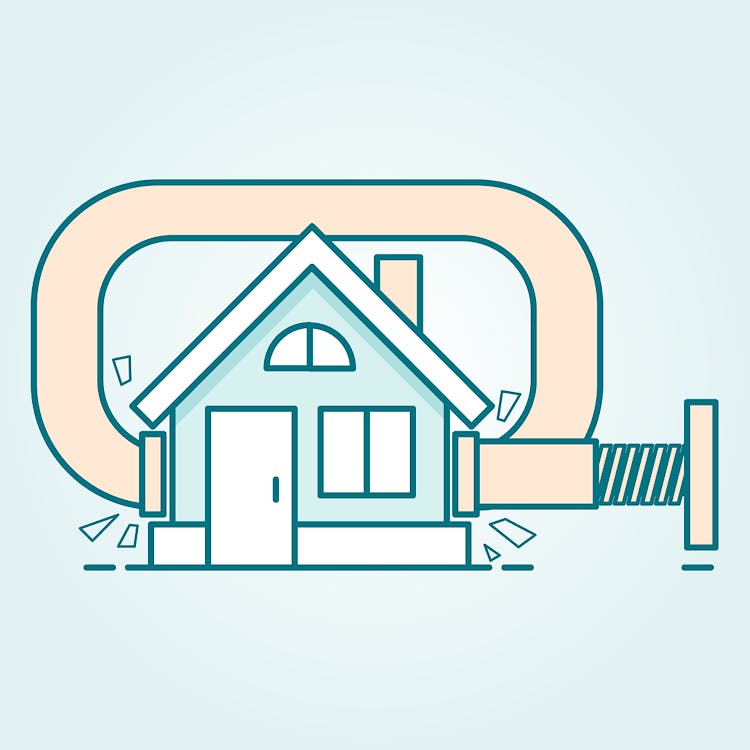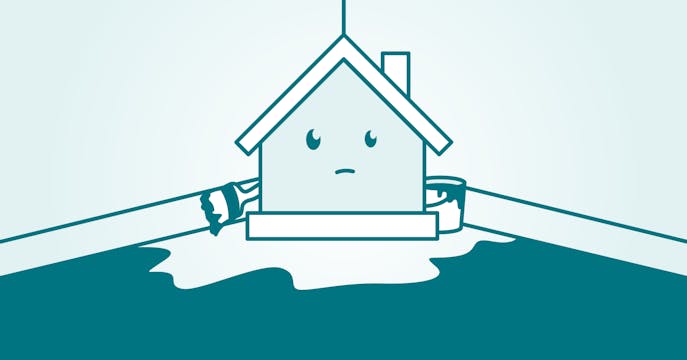What if a bank says 'no' to your application?
Many Canadians feel strongly about owning a home. However, your mortgage application may not tick all the boxes for traditional lender requirements, including the mortgage stress test. In that case, we may be able to tailor a solution.
Read more here about the complex mortgage situations we often see and help with.
Are there changes coming to the current mortgage stress test?
This year, OSFI may remove the stress test entirely from uninsured mortgages if it decides to fully adopt the bankside LTI cap regulation put in place earlier this year.
Read our blog, Keeping up with Mortgage Rules, for the latest rule-change news or proposals.
The stress test did prepare home buyers for increasing rates.
The federal mortgage stress test was introduced when mortgage rates were low to protect home buyers if rates went higher — so that they could still afford their payments and not default on their mortgages (which also affects lender stability).
The law wasn't well-received then, as Canadian home prices were considered lofty, and first-time buyers were trying to find an affordable way into the housing market.
As rates went higher, the stress test helped prevent many homeowners and the banking system from widespread borrower default.
Although mortgage delinquencies increased as high rates wore on (along with higher prices overall), the percentages were maintained within normal parameters for most lenders.
However, OSFI felt the borrower-side stress test for uninsured mortgages didn't help banks manage their own high LTI (loan-to-income) balances, which is why it may replace it with the lender-side LTI regulation.
We can help you prepare to pass your (mortgage) test.
- Know the current stress test rate (hint: look above!)
- Get pre-approved to know your numbers before home shopping (see our affordability calculator for an idea)
- Work on reducing your debt (talk to us first about how changes can affect your mortgage approval)
- Get first-home help with your down payment
- Get the best rate and lender for your situation
Anywhere you are in Canada, we're here to help you with a stress-free mortgage experience. Get in touch online, over the phone, drop by a store, or start chatting with Morgan, our chatbot!





